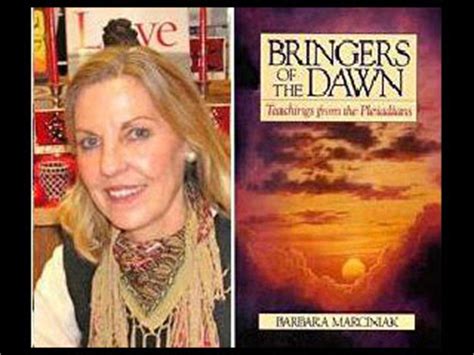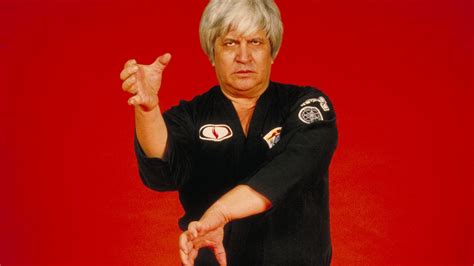A Quote by Khalil Gibran
You cannot judge any man beyond your knowledge of him, and how small is your knowledge.
Related Quotes
No matter how vast your knowledge or how modest, it is your own mind that has to acquire it. It is only with your own knowledge that you can deal. It is only your own knowledge that you can claim to possess or ask others to consider. Your mind is your only judge of truth - and if others dissent from your verdict, reality is the court of final appeal. Nothing but a man's mind can perform that complex, delicate, crucial process of identification which is thinking. Nothing can direct the process but his own judgment. Nothing can direct his judgment but his moral integrity.
In the popular arena, one can tell ... that the average man ... imagines that an industrious acquisition of particulars will render him a man of knowledge. With what pathetic trust does he recite his facts! He has been told that knowledge is power, and knowledge consists of a great many small things.
Everyone recognizes a distinction between knowledge and wisdom. . . Wisdom is a kind of knowledge. It is knowledge of the nature, career, and consequences of human values. Since these cannot be separated from the human organism and the social scene, the moral ways of man cannot be understood without knowledge of the ways of things and institutions.
To begin with, our knowledge grows in spots. The spots may be large or small, but the knowledge ever grows all over... What you first gain from them is probably a small amount of new information, a few new definitions, or distinctions, or points of view. But while these special ideas are being added, the rest of your knowledge stands still, and only gradually will you 'line up' your previous opinions with the novelties I am trying to instil, and modify to some slight degree their mass.
If it is not strong upon your heart to practice what you read, to what end do you read? To increase your own condemnation? If your light and knowledge be not turned into practice, the more knowing a man you are, the more miserable a man you will be in the day of recompense; your light and knowledge will more torment you than all the devils in hell. Your knowledge will be that rod that will eternally lash you, and that scorpion that will forever bite you, and that worm that will everlastingly gnaw you; therefore read, and labor to know that you may do--or else you are undone forever.
We can hardly say that the Pharisees had an accurate ‘knowledge’ of man when they pointed to the sins (the real sins) of publicans and sinners. This judgment, which separated knowledge of man from self-knowledge, was as nothing in God’s eyes. The Jew did not have a better understanding because he was able to judge the heathen. In the sphere of abstract morality this could possibly be said, but this is not Biblical morality - O man, who judgest others!






































